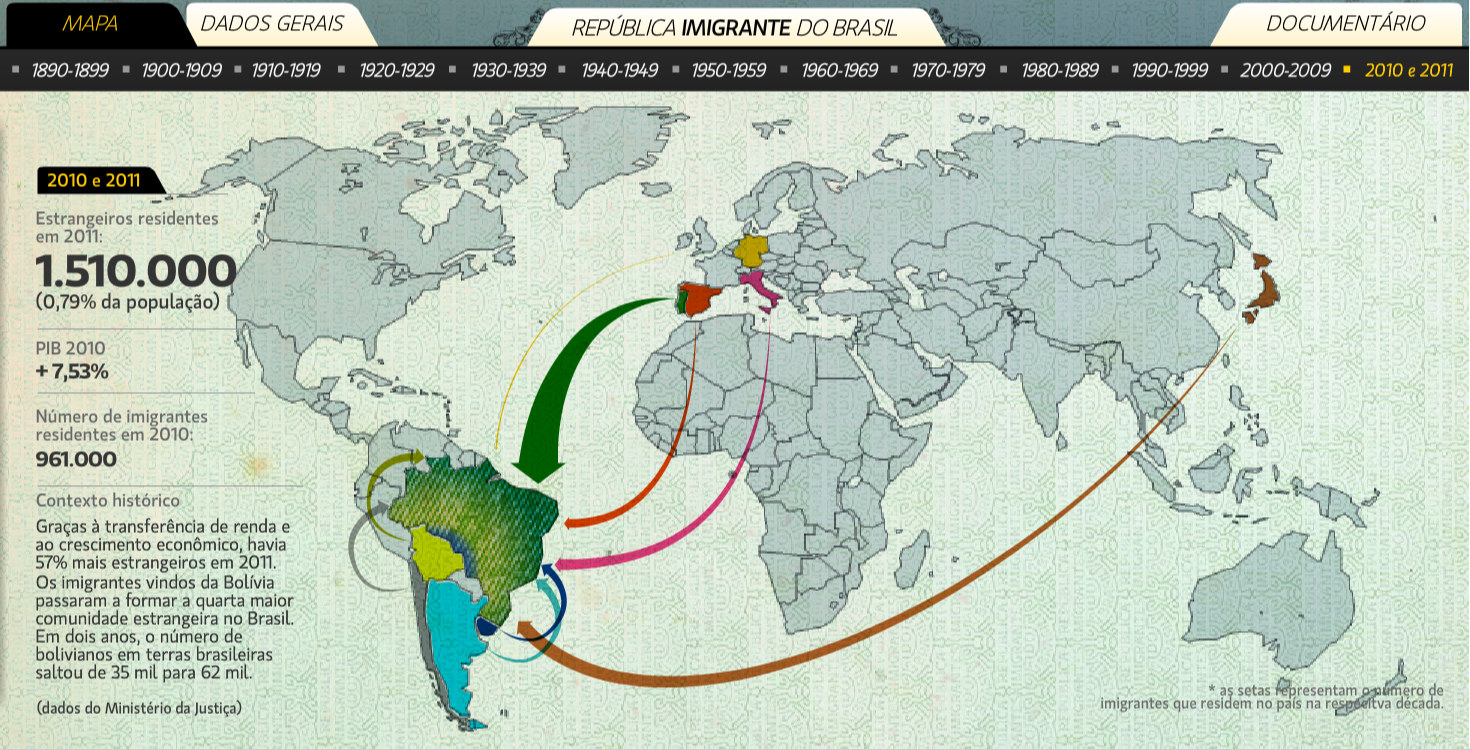In “Homeland-less Abroad,” Takeyuki Tusda discusses diasporic liminality as a form of disoriented life characterized by “social uprootedness and ungroundedness resulting in a loss of a firm sense of place” (122). In discussing the return migration of Japanese Brazilian factory workers, and the personal challenges these workers face in their “ethnic homeland,” Tsuda argues that displaced subjects become “homeland-less,” socially alienated from each other, Brazil, and Japan. To adopt a Marxist language, Tsuda describes the alienation and saudade that Japanese Brazilians experience as a product of their “double” displacement as transnational migrants. While dislocation has clearly severed these subjects’ relationship with Japan, neither can they necessarily ground themselves in Brazil due to “socioeconomic marginalization and isolation” (127). Tsuda thus describes these “liminal” subjects as those “betwixt and between” two societies without being truly part of either (van Gennep qtd. in Tsuda 127). On this point, I would question Tsuda’s use of “liminal” to describe the alienated subjectivity of the return migrants. Does not “liminal” connote the initial stage of a transitional process, wherein one thing eventually becomes another? Rather than call the subjects “liminal,” which implies that they eventually become either Japanese or Brazilian, why not call them “interstitial” or “in-between?”
In any case, especially productive about Tsuda’s analysis of return migration is its emphasis on the affective register of imperial governance in Brazil/Portugal versus Japan. While Tsuda does not utilize this theoretical language, the disaffection of these migrants could be conceptualized as a Freudian state “racial melancholia.” As opposed to the mourning subject, who eventually accepts substitution for the loss of an object, such as citizenship, the melancholic subject mourns for eternity, refusing substitution, and thus effecting a state of perpetual self-impoverishment. Though critical race theorists often attribute melancholic feelings to colonialism in the singular, Tsuda’s study suggests that these emotions might arise from the incarcerated space between multiple regimes. Betrayed by both sides and denied viable options for resistance, these subjects’ express a melancholia that powerfully evokes the limits of geopolitics.
[attached: map of Japanese Brazilian immigration]
